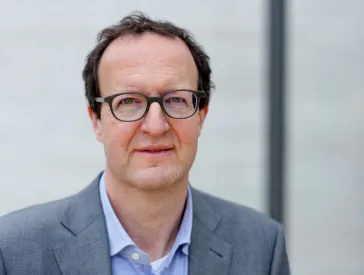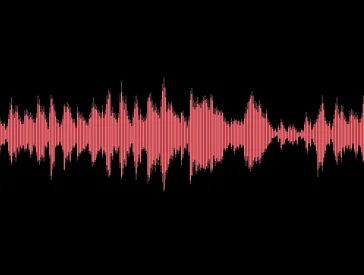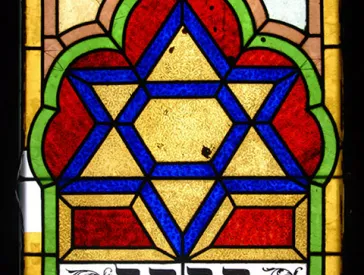“Remember, remember...” a date in November
About the Singular and Parallel Strata of Historical Events to be Remembered
The 9th of November was not a day of national commemoration in England, where I grew up. We had to
“Remember, remember the 5th of November, gunpowder, treason and plot…”
This was the date on which Guy Fawkes, a Catholic renegade, dramatically failed to blow up London’s House of Lords. This cultural memory has been faithfully preserved for over 400 years. However, the 9th of November never went unremarked in our household. It was always referred to in German with a shudder: “Kristallnacht,” a name and concept for which no English equivalent exists.
Moving to Germany in 2001, I was surprised to discover that the 9th of November was indeed a day when the organized pogroms against Jews in Germany in 1938 were discussed in the media and commemorative events were held. Appropriate terminology was the subject of earnest debate: “Kristallnacht” (“the night of broken glass”) was deemed too poetic, the epithet downplaying the brutality of the events. “Reichskristallnacht” (“the imperial night of broken glass”) was a potentially better term, as it was clearer that the crimes were state sanctioned and nationwide. “Reichspogromnacht” (“the imperial pogrom night”) gave a truer sense of the violence and murders that took place. But then again, shouldn’t the term “Nacht” (night) be completely reconsidered, as the events did not take place on a single evening, but over two days? Such discussions were foreign to me.
The 9th of November is a date of historical confluence in Germany, combining the November Revolution of 1918, the Beer Hall (Hitler) Putsch of 1923, Reichspogromnacht and, most recently, the fall of the Berlin Wall. I noted that, over the years, the commemoration of Reichspogromnacht receded into the background. It was overshadowed by stories relating to the fall of the Berlin Wall and the end of the GDR, which is already 25 years in the past. With a new generation, events of historical significance were being replaced by more recent events and layers of history concealing what had come before.
In Judaism, most national calamities have notably fallen on the same date: the 9th day of the Hebrew month of Av. These include the destruction of the First and Second Temples in Jerusalem, the subsequent exile of the Jews from the Land of Israel and the expulsion of Jews from various countries. For Jews, the events do not replace what came before, although they are centuries apart, they coexist in Jewish cultural and historical memory.
The Gunpowder Plot Conspirators, unknown engraver, ca. 1605-1606; source: Folger Shakespeare Library CC BY-SA 4.0
Which historical memories prevail today in the Berlin neighborhood of Lichtenberg? Back in 1905, local Jews founded a small, backyard synagogue here in the Frankfurter Allee. They commissioned colorful stained glass windows, one of which featured a large Star of David and the date of the synagogue’s founding, inscribed in Hebrew.
The congregation grew, leaving the premises and the windows behind in 1934. The building was no longer a synagogue, but the Star of David window remained in place. The Stadtmission of the Protestant Church moved in during the 1940s and under the GDR regime, the windows were carefully removed and placed in the attic, where they gathered decades of dust. When rediscovered, the complete set was donated to the Jewish Museum Berlin in 2003. It is quite miraculous that the window with Jewish iconography was unscathed on Reichspogromnacht and the set appears to be the only group of synagogue stained glass windows in Berlin to have survived intact. They remain as silent witnesses to historical events and the changing use of the building, which now houses a lively children’s indoor playground.
It must be possible for the singular and parallel strata of historical events to be remembered and preserved in some way, without obliterating the past.
“Remember, remember the 5th of November, gunpowder, treason and plot; for there is a reason why gunpowder and treason should ne’er be forgot.”
Michal Friedlander, Curator for Judaica and Applied Arts
Window of a prayer room with the Star of David of the Israelitische Vereinigung von Lichtenberg und Umgegend e. V. in the Frankfurter Allee, 1905; Jewish Museum Berlin, donation, mediated by the Verein für Berliner Stadtmission (Association for Berlin City Mission)
Citation recommendation:
Michal Friedlander (2014), “Remember, remember...” a date in November. About the Singular and Parallel Strata of Historical Events to be Remembered.
URL: www.jmberlin.de/en/node/6553


